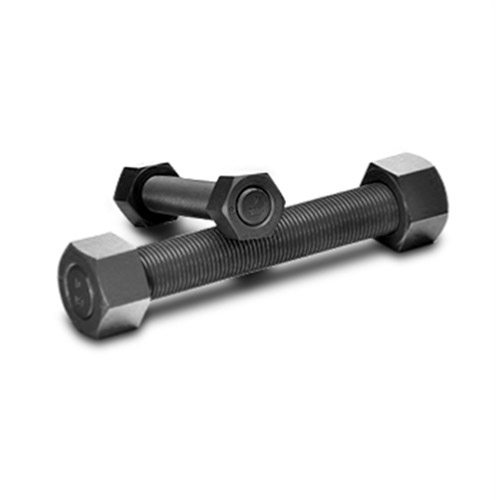fuel intake hose
ኅዳር . 21, 2024 16:02 Back to list
fuel intake hose
The Importance of the Fuel Intake Hose in Automotive Systems
In the intricate world of automotive engineering, every component plays a crucial role in the overall performance and safety of a vehicle. One such component, often overlooked yet vital, is the fuel intake hose. This seemingly simple tube serves a fundamental purpose that directly affects engine efficiency, vehicle performance, and environmental impact. In this article, we delve into the significance of the fuel intake hose, its construction, maintenance, and potential issues that may arise.
The fuel intake hose is responsible for transporting fuel from the fuel tank to the engine’s fuel system. It is an essential part of the fuel delivery system, ensuring that the engine receives a steady and reliable supply of fuel necessary for combustion. Typically made from reinforced rubber and, in some cases, composite materials, the fuel intake hose is designed to withstand high pressures and resist the corrosive effects of gasoline and other fuels. Its construction is engineered to prevent leaks that could lead to severe safety hazards, including fires and explosions.
Over time, the fuel intake hose can deteriorate due to exposure to heat, fuel chemicals, and environmental factors. Regular inspections are crucial to detect any signs of wear, such as cracking, swelling, or discoloration. A compromised fuel intake hose can lead to fuel leaks, which not only poses a significant safety risk but can also negatively affect fuel efficiency and engine performance. If a leak occurs, the engine may not receive an adequate fuel supply, leading to rough idling, stalling, or even engine failure in extreme cases.
fuel intake hose

Maintenance of the fuel intake hose is paramount to ensure the longevity and reliability of the vehicle. Vehicle owners should adhere to the manufacturer's recommended maintenance schedule, which may include periodic checks of the fuel system for any signs of wear. Furthermore, during routine oil changes or other maintenance services, it is wise to have the fuel intake hose inspected. Such precautions can save money in the long run by preventing costly repairs resulting from fuel system failures.
The importance of the fuel intake hose also extends beyond vehicle performance; it has significant implications for the environment. A damaged or leaking hose can contribute to fuel wastage, leading to higher emissions and a larger carbon footprint. As fuel leaks into the environment, it poses a risk to soil and water quality, highlighting the urgent need for proper maintenance and prompt repairs of this essential component.
In light of advancements in automotive technology, some modern vehicles are now equipped with advanced fuel systems that incorporate sensors and monitoring systems. These innovations help detect issues with the fuel intake system proactively, alerting drivers to potential problems before they escalate. Nevertheless, drivers should remain vigilant and recognize the importance of maintaining the fuel intake hose, even in newer models.
In summary, the fuel intake hose plays a vital role in the performance, safety, and environmental impact of vehicles. As a crucial component in the fuel delivery system, its integrity directly affects engine function and efficiency. Regular inspections and maintenance of the fuel intake hose are essential to prevent leaks and ensure that the vehicle operates smoothly and safely. By investing time in keeping this simple yet indispensable component in good condition, vehicle owners can enhance their driving experience and contribute to a cleaner, greener future.
